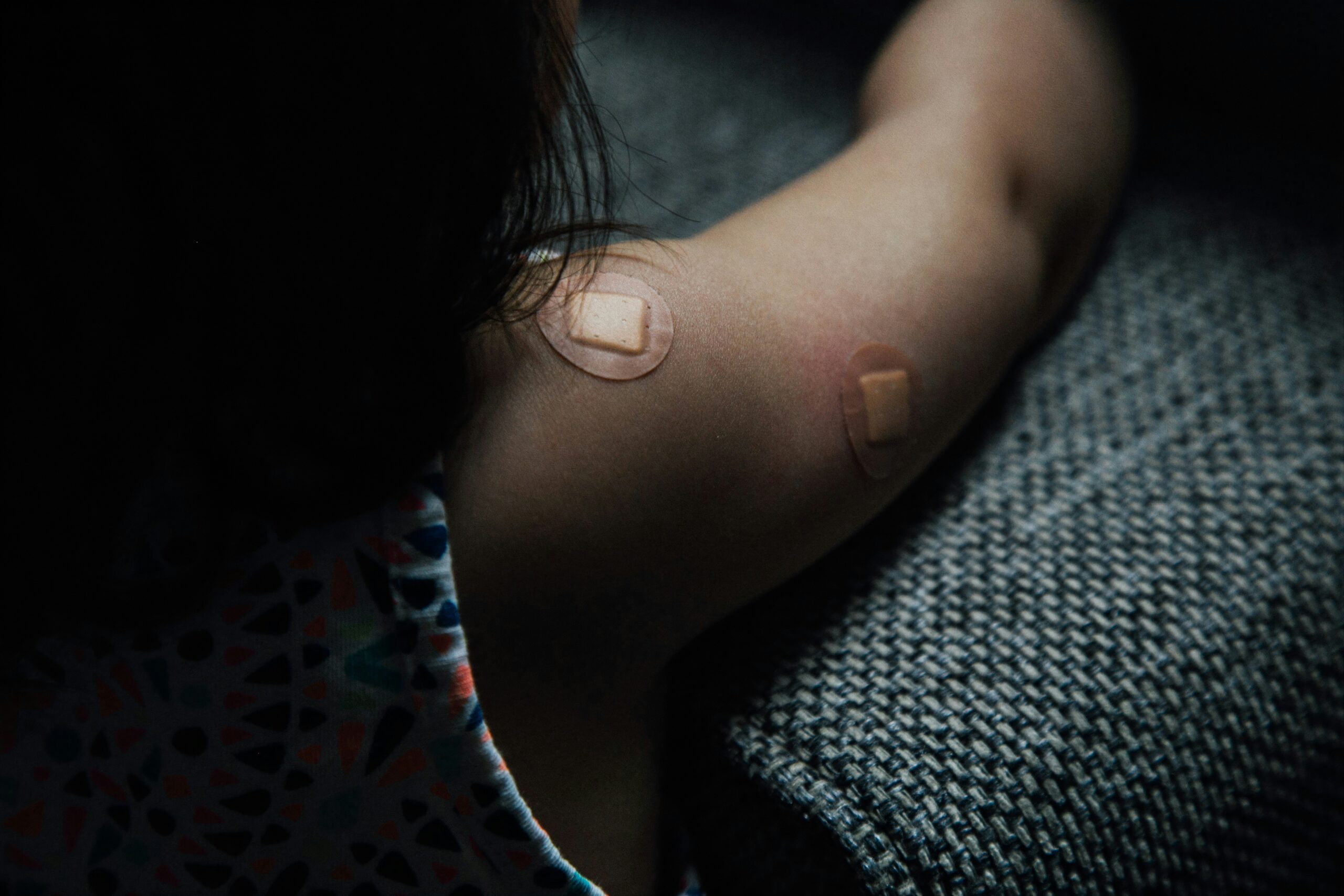Mpox(Monkeypox) is a viral disease that has gained global attention due to its recent spread beyond the traditionally affected areas in Africa. Although it is related to smallpox, monkeypox is generally less severe. However, the emergence of new, more dangerous strains has heightened concerns worldwide. Let’s dive into the key aspects of monkeypox, including symptoms, causes, transmission, and how vaccination can help protect against this disease.
Symptoms of Mpox(Monkeypox)
If you’re exposed to the monkeypox virus, symptoms usually start appearing within a week or two, though it can sometimes take up to three weeks. The early signs include:
- Fever: Often one of the first symptoms, with sudden onset.
- Headache and Muscle Aches: These can be quite severe and are typically accompanied by back pain.
- Swollen Lymph Nodes: A key indicator that helps distinguish monkeypox from similar diseases like smallpox. Swelling typically occurs in the neck, armpits, or groin.
- Chills and Fatigue: These symptoms contribute to a general feeling of malaise.
- Rash: The rash usually appears 1 to 3 days after the fever starts. It begins on the face and spreads to other parts of the body, evolving through stages from flat spots to raised bumps, fluid-filled blisters, and eventually scabs.
Causes and Transmission of Monkeypox
Monkeypox is caused by the monkeypox virus and can be transmitted in a few different ways:
- Animal-to-Human Transmission: This is the primary route, often through direct contact with an infected animal’s blood, bodily fluids, or skin lesions. Rodents and primates are common carriers. The virus can also be contracted by consuming undercooked meat from an infected animal.
- Human-to-Human Transmission: Although less common, it can occur through respiratory droplets, direct contact with bodily fluids, or contaminated materials like bedding or clothing. Some strains of the virus, such as the newly identified Clade 1b, may spread more easily through close physical contact, including sexual transmission.
Emerging Strains and Recent Developments
In recent months, a more virulent strain of the monkeypox virus known as Clade 1b has caused significant concern. This variant has led to severe outbreaks in parts of Africa, with a mortality rate higher than that of previous strains. Alarmingly, this strain has now been detected outside of Africa for the first time, with a confirmed case in Sweden. The individual contracted the virus during a stay in an affected region of Africa.
Swedish health authorities have emphasized that, while the case itself does not currently require further infection control measures, the situation is being closely monitored. The outbreak of Clade 1b has prompted the World Health Organization to declare a global public health emergency, reflecting the serious nature of this variant and the need for ongoing vigilance.
Vaccination Against Monkeypox
Vaccination is one of the most effective ways to prevent monkeypox. The smallpox vaccine, particularly the JYNNEOS vaccine, has been shown to offer about 85% protection against monkeypox due to the close relationship between the two viruses.
Who Should Get Vaccinated?
- The Centers for Disease Control and Prevention (CDC) recommends vaccination for people at high risk of exposure, including healthcare workers, lab personnel handling orthopoxviruses, and those in areas with active outbreaks.
Where to Get Vaccinated
- Vaccination is available through healthcare providers, local health departments, and specialized clinics. If you’re in a high-risk category or believe you may have been exposed to the virus, it’s advisable to discuss vaccination options with your healthcare provider.
Conclusion
Monkeypox, particularly with the emergence of more dangerous strains like Clade 1b, remains a serious global health concern. Understanding the symptoms, transmission methods, and the importance of vaccination can help mitigate the spread and impact of this disease. As new developments arise, staying informed and taking recommended precautions is crucial to protecting both individual and public health. earn more about this evolving virus, and staying informed and vigilant is key to minimizing its impact.

